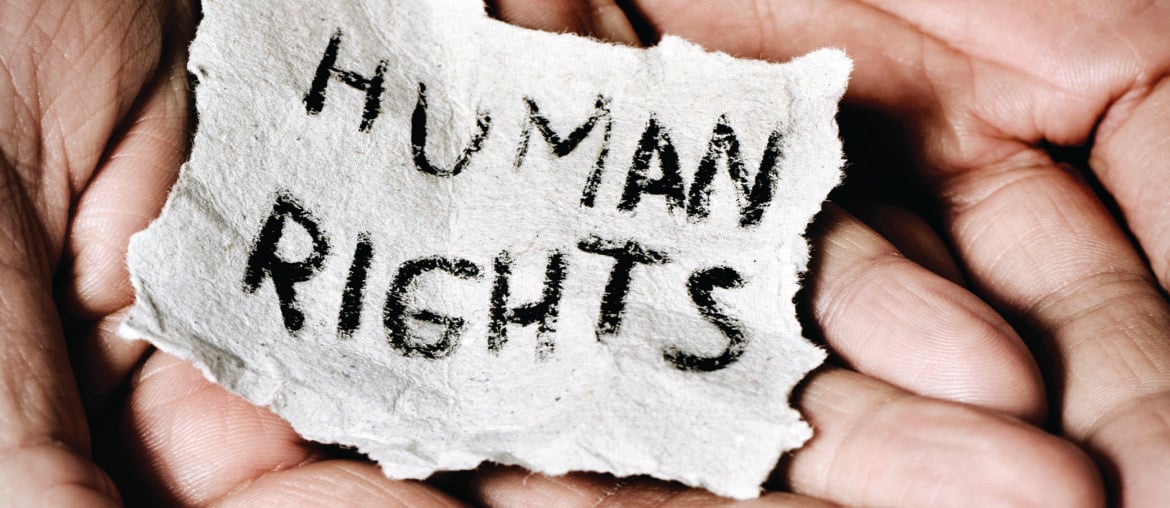Governments around the world continue to signal that companies should prepare for a future where responsible sourcing programs that include supply chain human rights due diligence become a legal obligation.
On February 20, 2020, the European Commission published a report titled “Study on due diligence requirements through the supply chain” (“the EC Study”) which examined the need for a EU-level regulation of corporate due diligence obligations aimed at identifying, preventing, mitigating and accounting for human rights abuse in the supply chain. The study was conducted jointly by the British Institute of International and Comparative Law, Civic Consulting, and LSE Consulting and signals that the EU Commission is seriously considering proposing an initiative for EU legislation that would impose a binding obligation on corporations to conduct human rights due diligence.
EU’s Non-Financial Reporting Directive already requires large companies to disclose certain information on the way they operate and manage social and environmental challenges. The “penalties” under this law are effectively limited to public shaming. If a new regulation mandating human rights due diligence is proposed and passed, then depending on its enforcement mechanism, companies doing business in the EU could face substantial penalties for not identifying and addressing their human rights impacts. Moreover, an EU-level regulation requiring human rights due diligence is unlikely to be an outlier and is almost certain to be followed by similar laws adopted by other jurisdictions, expanding the pool of companies required to implement a human rights due diligence process.
The idea of human rights due diligence targeting the supply chain is nothing new. International organizations have long recognized human rights due diligence as a best practice by including it in various guidance for multinational enterprises, such as the United Nations Guiding Principles on Business and Human Rights (“the UN Guiding Principles”), the United Nations Global Compact, the OECD Guidelines for Multinational Enterprises, and the ILO Tripartite declaration of principles concerning multinational enterprises and social policy. For example, the UN Guiding Principles, endorsed by the UN Human Rights Council in 2011, direct companies to implement ongoing human rights due diligence process encompassing both third party onboarding due diligence, as well as subsequent periodic monitoring and auditing.
Despite stakeholder pressures and the abundance of non-binding guidance, the EC Study survey results showed that only one in three businesses in the EU undertake broad human rights due diligence of their supply chain. When asked about the primary incentives for undertaking due diligence, survey respondents from both the business and industry organisation segments selected the same three incentives: (1) reputational risks; (2) investors requiring a high standard; and (3) consumers requiring a high standard.
According to the EC Study, most EU jurisdictions currently do not impose a general duty on companies to undertake due diligence on their human rights and environmental impacts. The EC Study survey respondents all generally agreed that the current legal landscape does not provide legal certainty about the companies’ human rights and environmental due diligence obligations, and is not perceived as efficient, coherent and effective. To fill this gap, the EC Study examined the following potential options:
- No policy change;
- New voluntary guidelines;
- New regulation requiring due diligence reporting;
- New regulation requiring mandatory due diligence (generic, sector specific or company size specific);
- New regulation requiring mandatory due diligence accompanied by statutory oversight and/or enforcement mechanism.
According to the EC Study, most significant human rights and environmental impacts would be expected to result from options 4 and 5, whereas options 2 and 3 would only have minor positive impacts. The magnitude of the positive impacts stemming from options 4 and 5 would depend on the design and application of the new regulation and its enforcement mechanism or lack thereof. The EC Study interviewees across stakeholder segments agreed that enough voluntary guidance on human rights due diligence exists and overall did not believe that additional voluntary guidance would notably reduce adverse human rights and environmental impacts. At the same time, the EC Study survey respondents viewed option 3 as more effective than option 2, apparently due to its better ability to raise awareness of human rights and environmental issues.
Unsurprisingly, the EC Study estimated that options 4 and 5 would result in substantially higher company costs than solutions 2 or 3. Option 5 would also carry substantial costs for the public authorities responsible for the enforcement and oversight of the compliance with the new regulation. At the same time, neither option 4 and 5 were expected to result in a significant competitive disadvantage for EU businesses. In addition, the EU Study claimed that a new regulation would level the playing field within the EU, which the EC Study interviewees from the business segment indicated was among their highest priorities. Finally, the likely most significant indirect benefit of options 4 and 5 would be a reduction in the reputational risk carried by companies that currently do not conduct human rights due diligence on their suppliers but would have to implement a due diligence process under the new regulation. According to the EC Study survey, reputational risk is a “top incentive” for businesses to undertake human rights due diligence.
The EC Study did not recommend a particular course of action. However, with the exception of the industry organisation segment, an overwhelming majority of EC study interviewees across various stakeholder segments were in principle in favor of introducing a general EU-level human rights due diligence standard. Most of the discrepancies between the interviewees’ responses related to various aspects of enforcement and liability under the new regulation. The overall preference appeared to be a generally applicable cross-sector regulation requiring human rights due diligence, which in its application would take into account company size and industry. In addition, stakeholders indicated that they would prefer a regulation based on a standard of care as opposed to a procedural, i.e., tick the box, requirement. Stakeholders also vocalized the need for the “good faith” defense, which would be available to companies able to demonstrate that even though an adverse human rights impact occurred, they undertook the due diligence required under the circumstances.
Finally, stakeholders seemed to be in agreement that any EU regulatory mechanism on human rights and environmental due diligence should build upon the UN Guiding Principles, i.e., encompass all fundamental human rights recognized by international law and incorporate onboarding supplier due diligence, as well as subsequent periodic monitoring and auditing.
Key Takeaway
Legislation mandating that companies with international supply chains implement responsible sourcing programs and conduct supply chain human rights due diligence is on the horizon. Given the existing liability risk companies face for wrongdoing by their suppliers, as well as growing legal obligations and stakeholder pressures, prudence dictates that companies should be designing and implementing risk-based responsible sourcing programs today.



